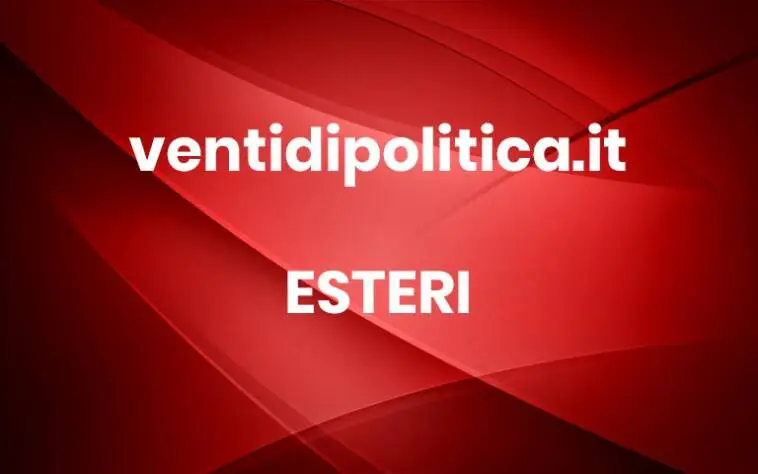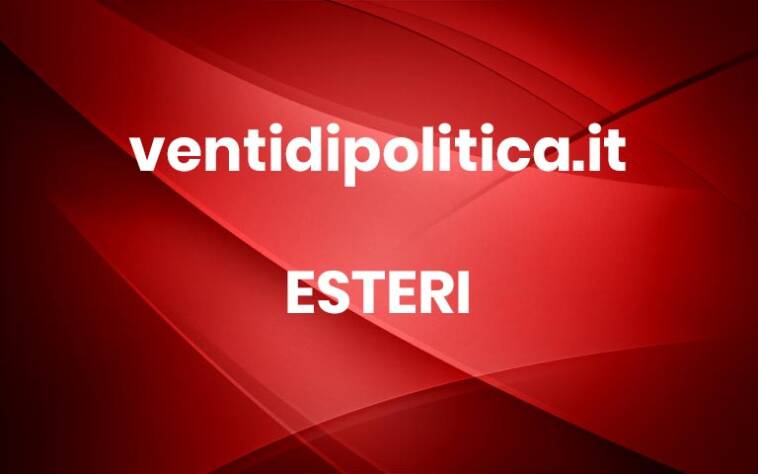Ue e Nato pronti per il contrattacco di Kiev. “L’Ucraina può colpire obiettivi militari in Russia”
Bruxelles – Non solo difesa. L’Ucraina può sparare in Russia, colpire obiettivi militari russi anche utilizzando quello che la Nato mette a disposizione di Kiev. Per il conflitto russo in Ucraina si aprono nuovi scenari, ancora più di guerra, ma è proprio quest’ultima, la guerra, a imporre le sue ‘logiche’. “Questa è una guerra, e secondo il diritto internazionale l’Ucraina ha il diritto di difendersi e questo implica anche raid su obiettivi militari in Russia“, scandisce il segretario generale della Nato, Jens Stoltenberg, al suo arrivo in Consiglio Ue per la riunione dei ministri della Difesa dei Ventisette.Il tempo di pensare in termini di offesa e contrattacco sono giunti. Il presidente ucraino, a Bruxelles per visite e incontri istituzionali, incassa il sostegno dei partner occidentali ad andare avanti attraverso un rinnovato sostegno, forte del via libera dell‘Assemblea parlamentare della Nato alla rimozione dei vincoli di utilizzo di mezzi ed equipaggiamenti forniti. A grande maggioranza viene votata la dichiarazione che esorta i 32 governi dei Paesi dell’Alleanza a di “sostenere l’Ucraina nel suo diritto internazionale di difendersi eliminando alcune restrizioni sull’uso delle armi fornite dagli alleati della NATO per colpire obiettivi legittimi in Russia“.Per la ministra della Difesa dei Paesi Bassi, Kaija Ollongren, nulla di straordinario. “L’Ucraina è in guerra e deve difendersi”, ricorda. “Attacchi ucraini in suolo russo è qualcosa che non ho mai escluso, è fisiologico” perché la diretta conseguenza di un conflitto armato tra due parti. Mentre a nome dell’Unione europea, l’Alto rappresentante per la Politica estera e di sicurezza dell’Ue, Josep Borrell, arriva piena disponibilità ad andare avanti lungo il nuovo corso. Anche considerando l’apertura di un nuovo fronte a nord, verso Karchiv. “I nuovi sviluppi sul campo rendono la nostra assistenza militare ancora più importante“, sottolinea Borell, che annuncia per il Consiglio europeo di giugno le proposte di finanziamento per l’industria europea della difesa necessarie per tradurre in realtà la strategia annunciata a febbraio.




